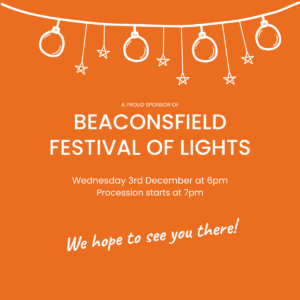Why DIY wills often fall short
NEWS Why DIY wills often fall short
Published on July 24, 2025
Low-cost templates and online kits are widely available, but they rarely provide the protection people think they do. Over the years, we’ve reviewed many homemade wills, and most contain errors that could lead to serious complications for families.
Common issues include:
- Ambiguous or incorrect wording
- Missing or unintended beneficiaries
- Improper signing or witnessing
- Assets not distributed as intended
- Stepchildren and unmarried partners left out entirely
For blended families, cohabiting couples, or anyone with more than the simplest of arrangements, a DIY will is unlikely to offer the right level of clarity or legal protection. In many cases, a trust or specific provisions are needed to ensure the will reflects what you truly want.
There are also tax implications to consider. For example, unmarried partners do not benefit from the same inheritance tax exemptions as spouses. Without proper advice, that can lead to unexpected and avoidable liabilities.
A properly written will brings certainty. It gives you confidence that your wishes will be respected, and it provides reassurance for the people you leave behind.
If you’re unsure whether your current will is fit for purpose, talk to us. We can help you get it right.










